Watch No Evil, Think No Evil, Do No Evil
Media Portrayals of Crime Lead People to the Dark Side
August 25, 2022
The true crime genre undoubtedly spiked in popularity in Korean media. Documentaries, films, and TV shows explore real-world criminal cases in attempts to solve whodunit mysteries. Despite popular belief behind “raising awareness” of true crime victims, the sudden public attention may not be in entirely good light.
The increased exposure to such crime media can cause more people to view them simply as an entertainment source rather than a serious and alarming murder case. Whether the shows feature made-up scenarios or actual events, watching it often can cause the mindset shift to see inhuman acts as trivial and common. This is not simply about individuals enjoying the content, rather, it is more about how society’s perspective has changed on perceiving immoral aspects.
In addition to this, although exposing people to criminal cases through the media can raise public awareness for good, it can simultaneously provoke malicious actions that should be avoided at all costs: copycat crimes. The media has the tendency to highlight certain cases that detail the exact method a killer used, which could potentially galvanize a new generation of unwanted copycat culprits, mimicking dangerous pieces of information that have gone public.
The Chicago Tylenol murders in 1982 is the most notable unresolved case that led to other copycat crimes. At first, the seven deaths seemed to be unrelated; nevertheless, further investigation found that all victims had taken Extra-Strength Tylenol pills that were discovered to be laced with cyanide. This shocking news was highly publicized and was placed at risk of falling into the wrong hands.
Such copycat felonies are perpetrated mainly by “edge-sitters”, who walk on the thin line that divides normal and criminal behaviors. Jacqueline Helfgott, a professor of criminal justice at Seattle University, claimed, “excessive media attention to a particular type of crime can be a risk factor for criminal behavior.” With this in mind, journalists and other contributors to the media should be mindful of their reports and understand the repercussions their works can trigger.

These are the open group chats made by Lee Eun-hae’s fans that pop up when you search ‘Lee Eun-hae’ on KakaoTalk. One commenter even went as far as to say, “The crime doesn’t matter, the appearance matters. Being pretty can forgive everything. This is a group chat for Lee Eun-hae’s fans.” Courtesy of Dong-a Ilbo and Kakao Talk.
Media reports can also incite approbation for infamous criminals. Recently, the Gapyeong Valley Murder Case has received great awareness in Korea. Lee Eun-hae and Joo Hyeon-soo, the perpetrators behind the case, were arrested for the murder of Lee’s husband. Even though she was apprehended for her actions, Lee surprisingly gained loving attention on social media. There are several KakaoTalk open group chats filled with fans of Lee, congratulating her for what should be regarded as an immoral, malevolent act. The largest chat room has about a hundred members who praise her beautiful appearance and proclaim that her beauty can forgive everything that she has done.
This awful attitude taken by those “fans” can be explained by hybristophilia. “Basically, it’s a sexual attraction to someone who’s committed some sort of outrageous and extraordinary crime,” explained Jeffrey Ian Ross, a criminologist and a professor at the University of Baltimore. Another explanation for this behavior is that social outcasts choose to act out on purpose in order to simply receive attention from society. Stans of criminals have already existed; surprisingly, there are various cases of it. Overall, people endorsing them in the media are vicious and disrespectful, on multiple levels.
As digital citizens become the norm in society, the media will control our world even more. Many people differentiate the internet world from real-life, which allows them to have an extended grip of freedom with fewer societal consequences and restrictions. However, since everyone is connected online, it affects reality, even if it’s not intentional. The scariest part is that we will subliminally absorb almost anything we encounter in the media. The internet will always have side effects that no one will be able to accurately predict, like desensitizing people to horrific acts of violence over time. As true crime content continues to constantly make headlines and hashtags, media literacy is the optimal solution to consume it more wisely.





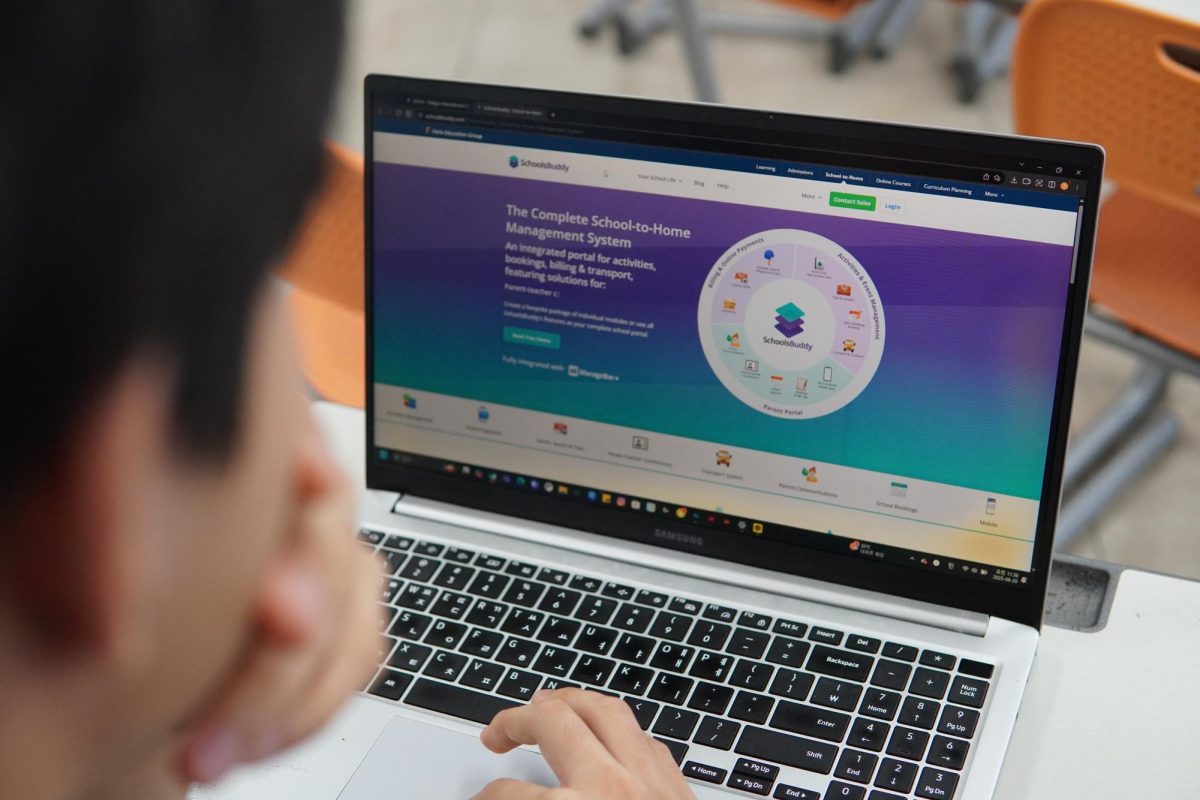
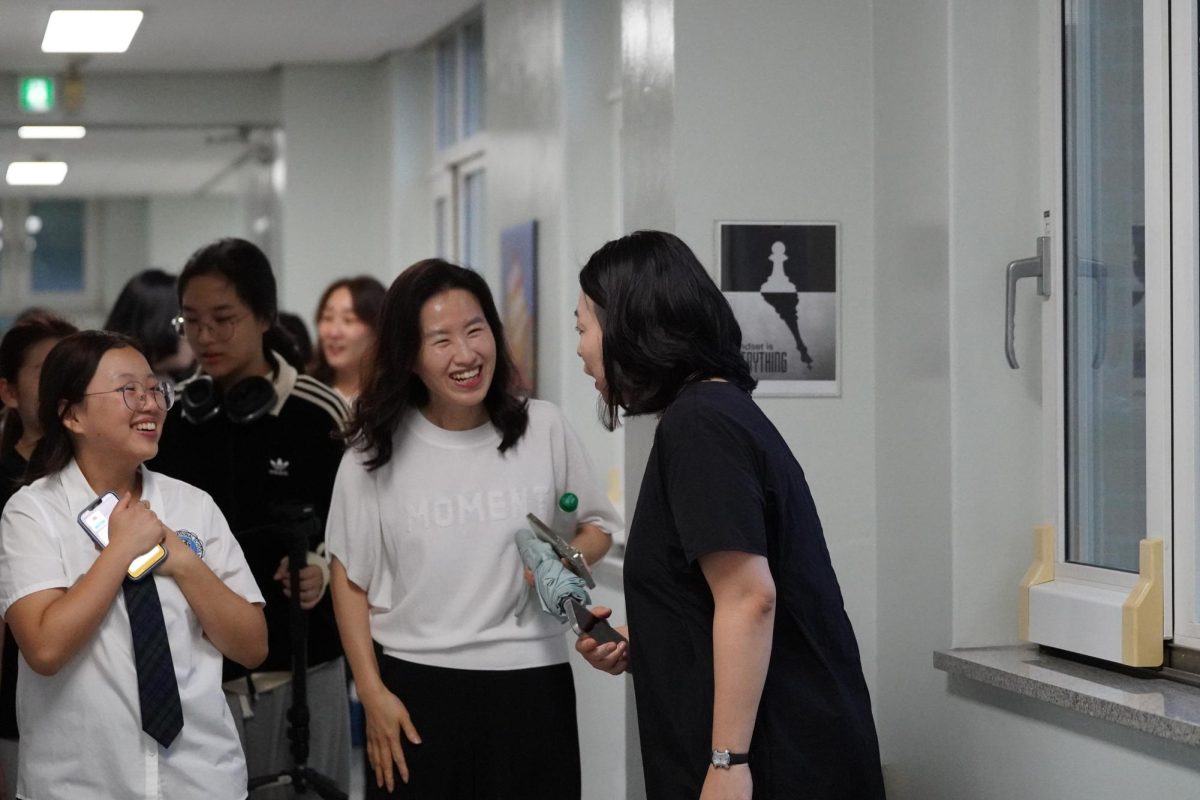







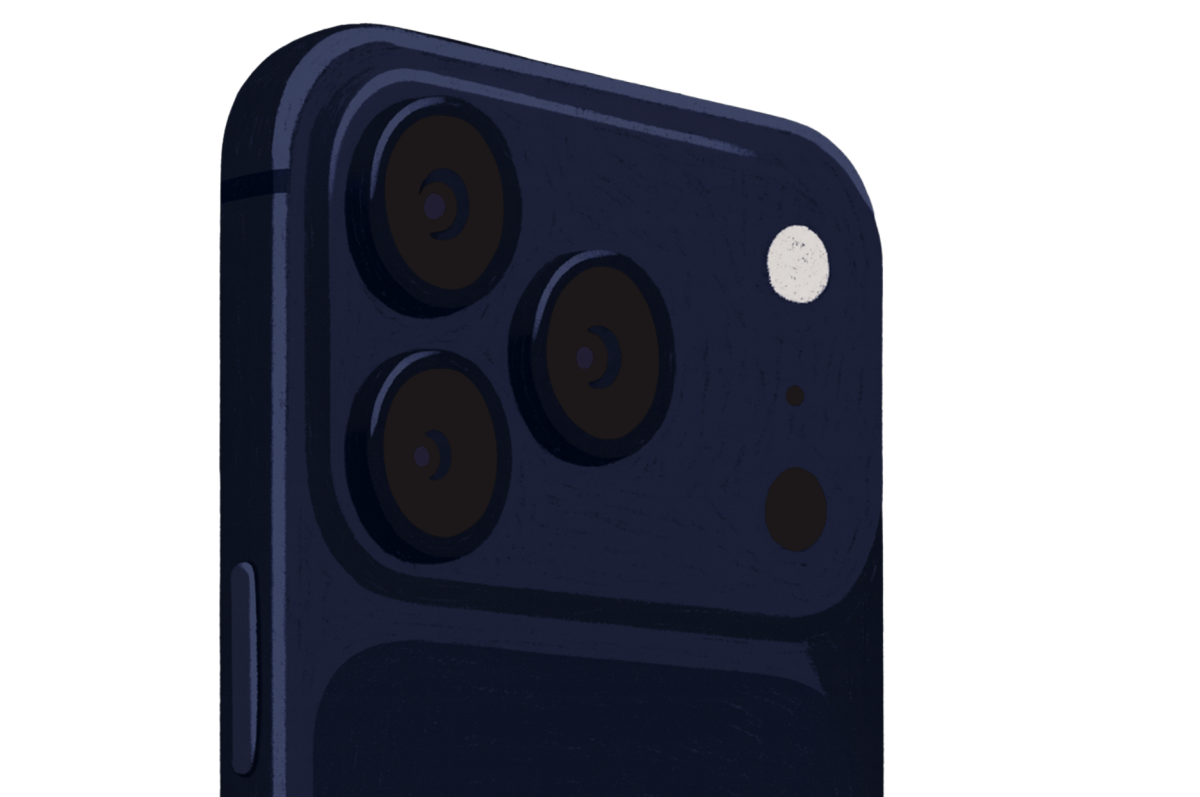
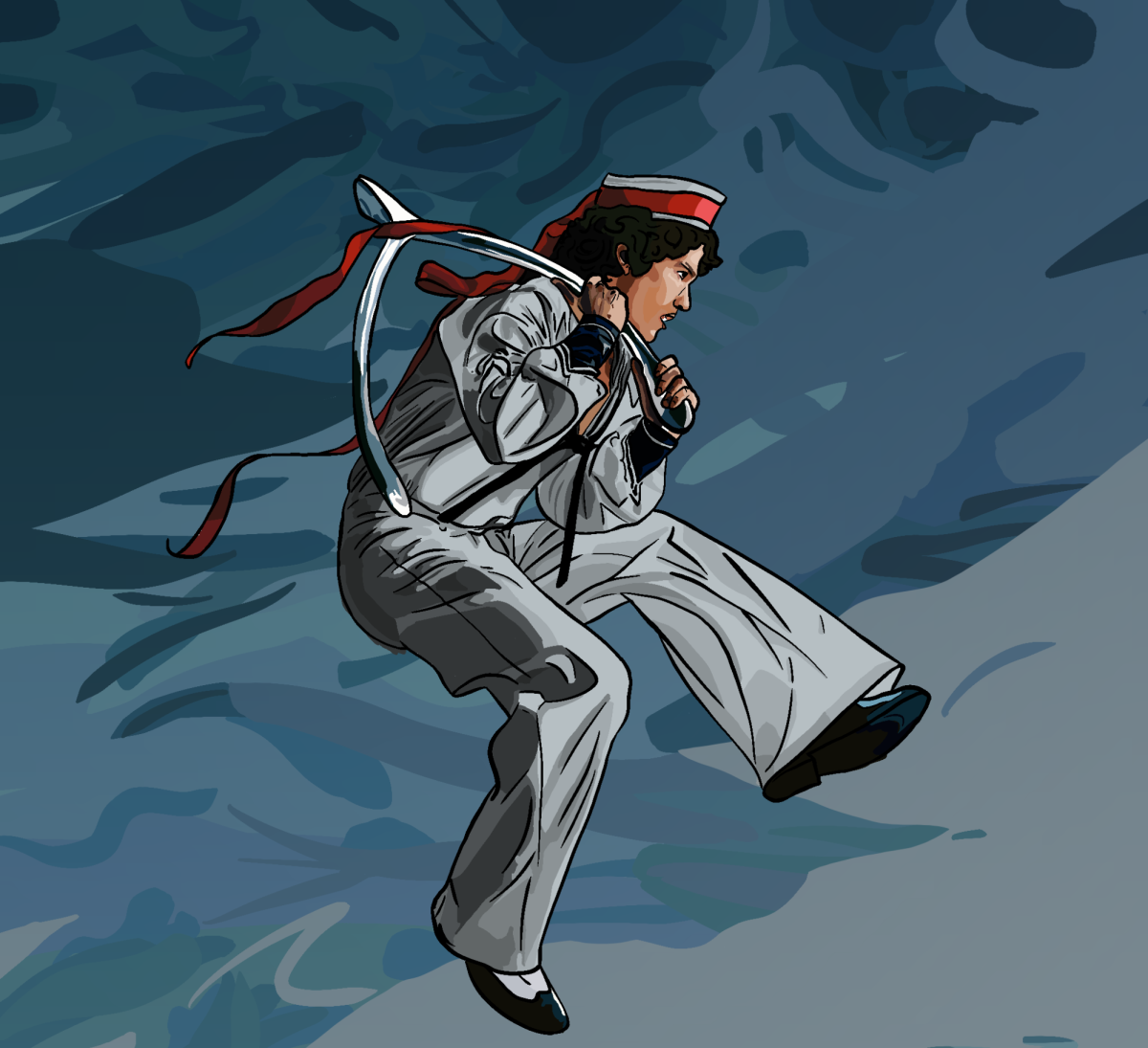

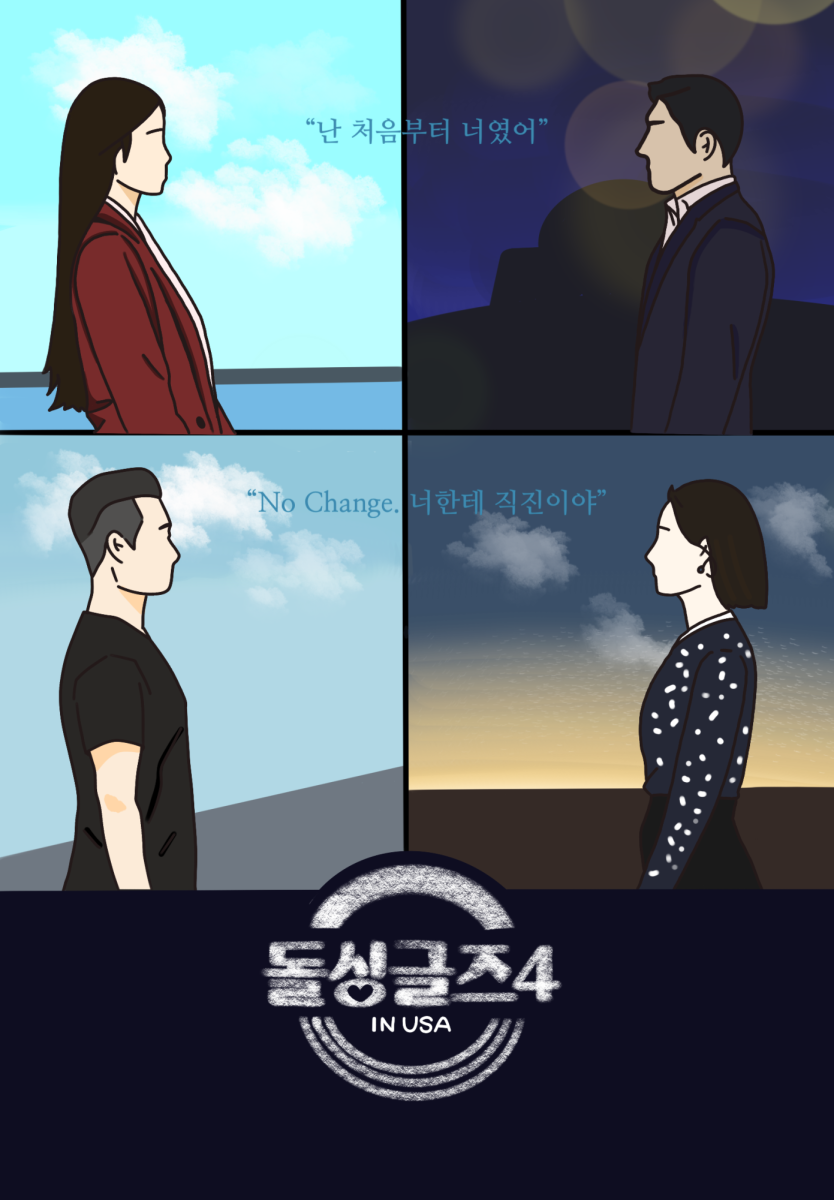






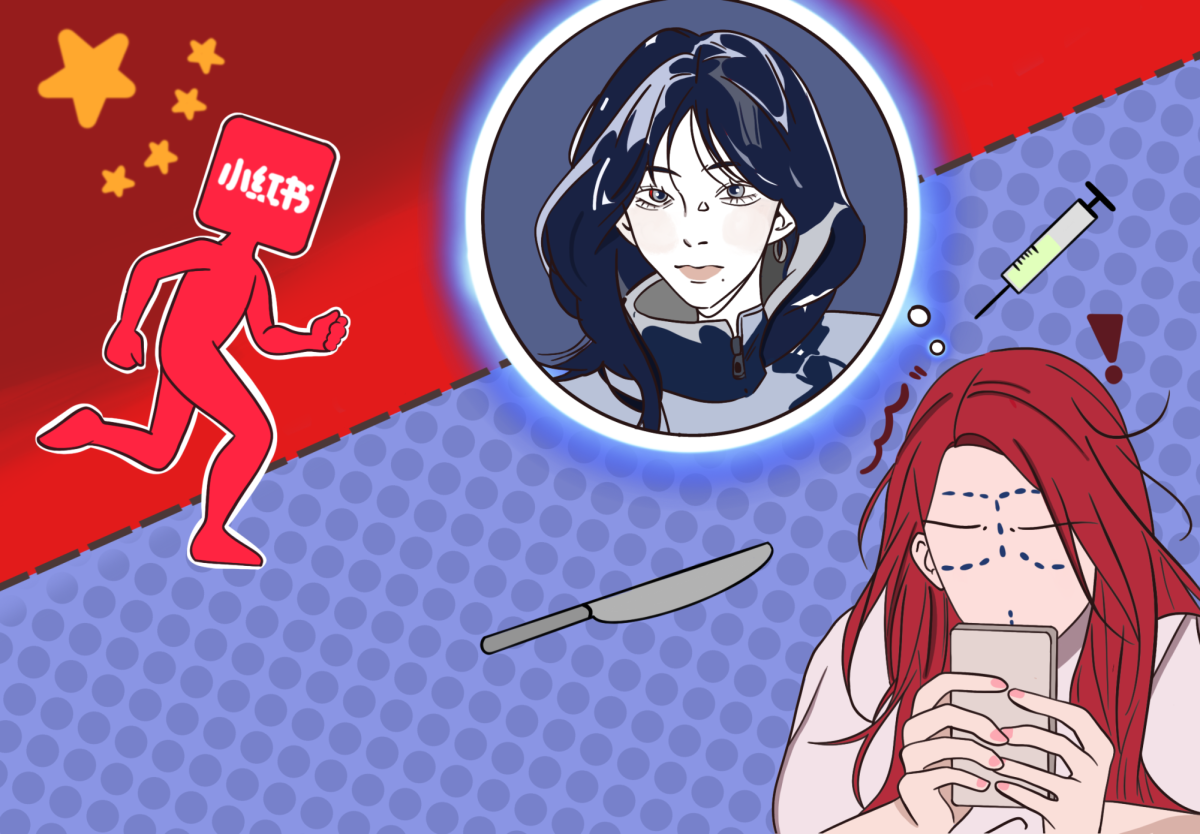













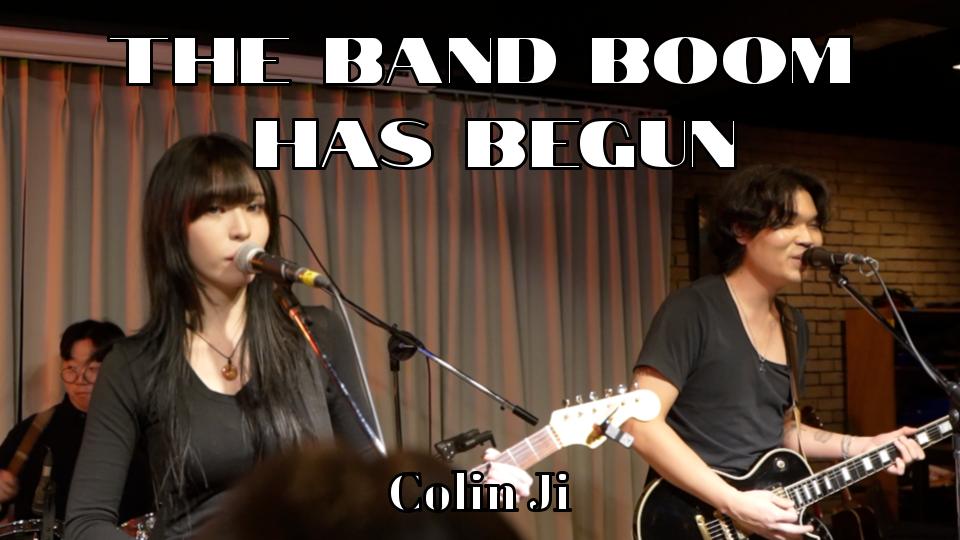








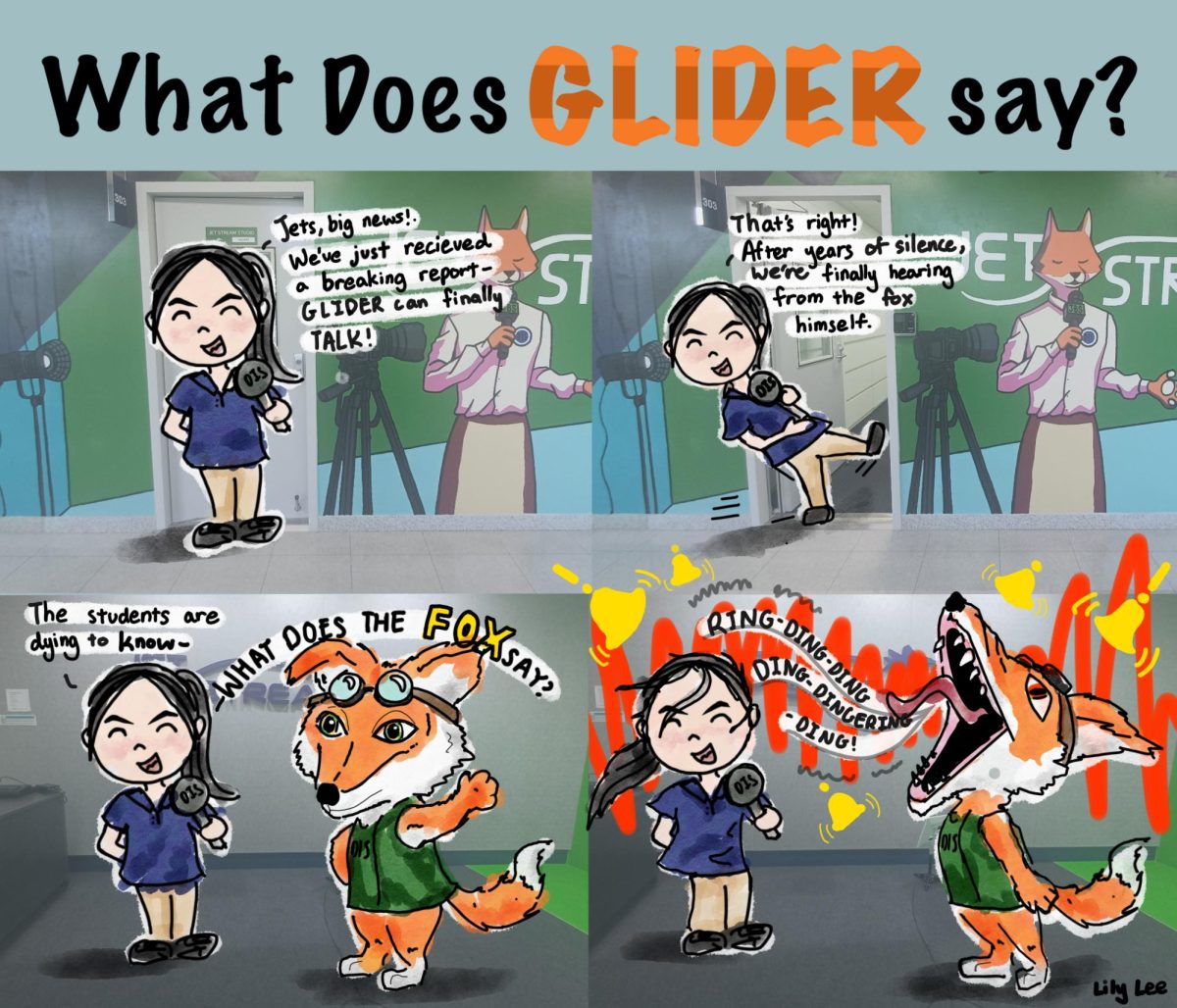
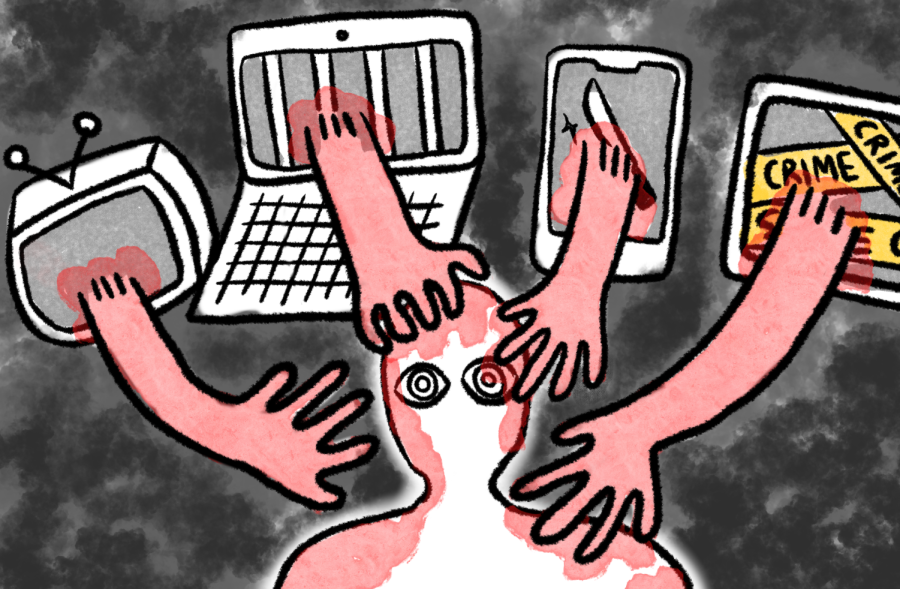





Helen • Sep 1, 2022 at 9:13 pm
Great information Nice work Jane